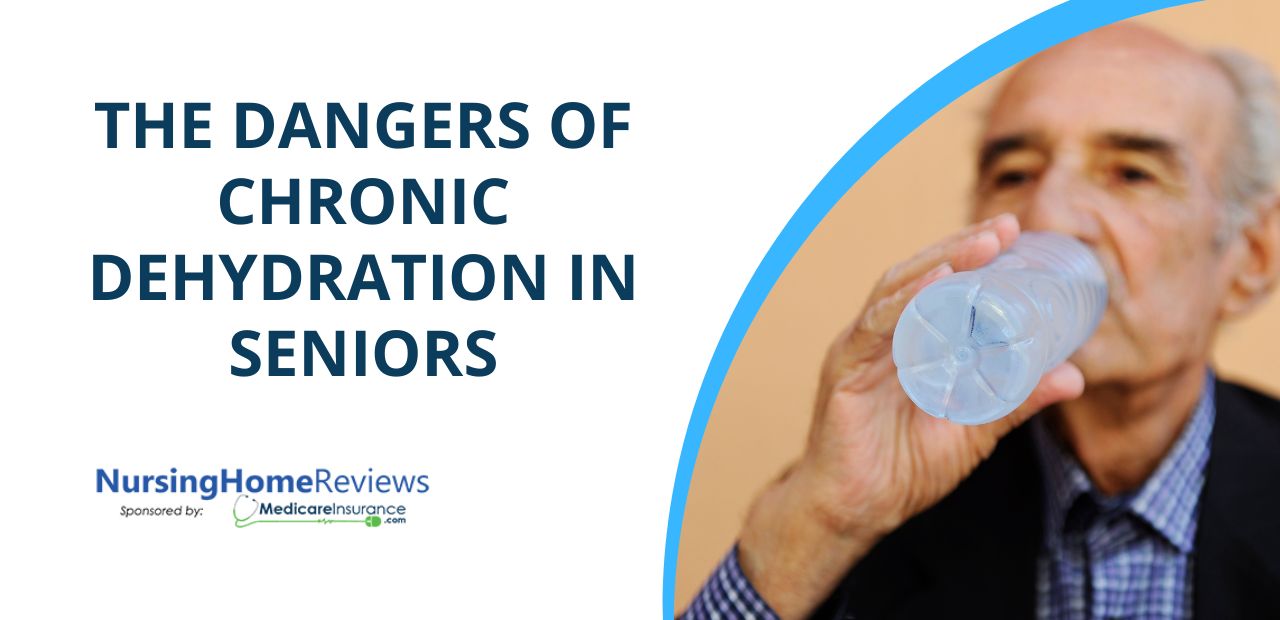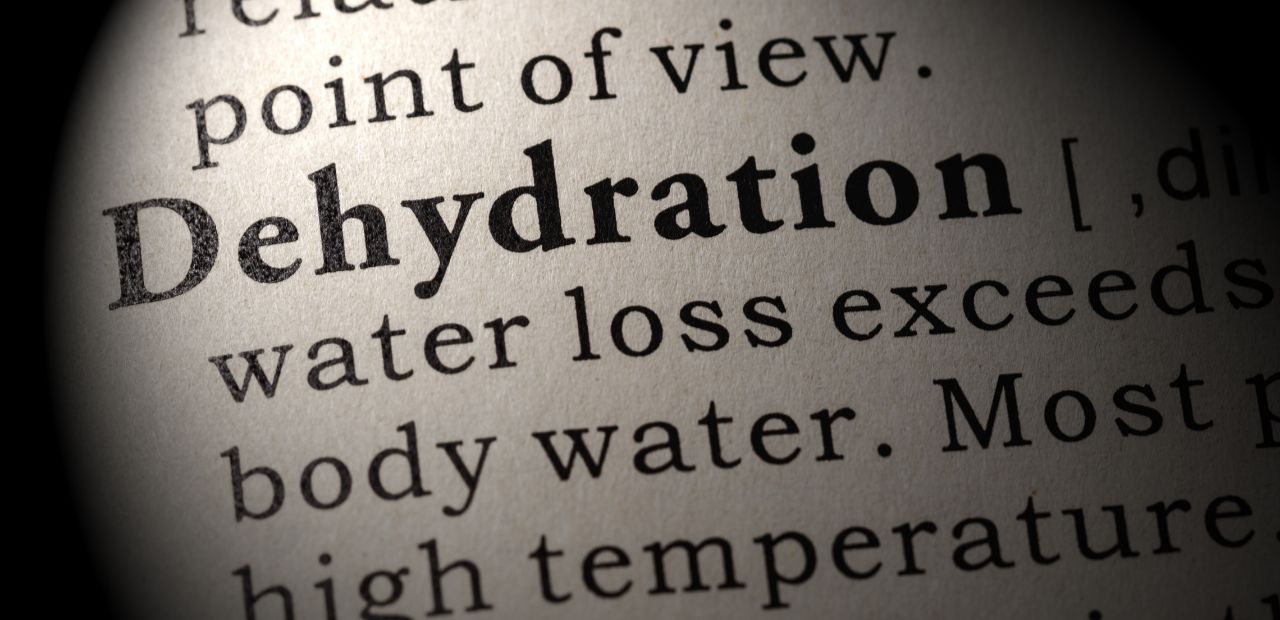
Chronic Dehydration: A Major Senior Health Risk
It’s a fact of life: as you age, you become more susceptible to health issues that you likely never worried about at a younger age. A majority of these health issues, such as cognitive illnesses, are chronic, meaning they’ll never go away. They’re treatable and manageable, but there’s no real cure for them.
There’s one chronic issue that may ail you as a senior that you’ve never considered. Many of us consider dehydration to be a health issue that’s serious, but also avoidable. For most, it is. However, for others, dehydration is a problem.
Believe it or not, dehydration is a major health issue with many Americans aged 55 or older today. It has been reported that 75 percent of Americans are chronically dehydrated. 17 percent to 28 percent of those Americans are of senior age.
If dehydration is a continuous issue for you, it’s very important to:
- Recognize the symptoms
- Recognize your trigger factors for dehydration
- Find ways to keep yourself hydrated
At Nursing Home Reviews, it’s our mission to discuss the health issues that senior citizens face, as well as how to treat and manage them. In this article, we’ll be discussing the dangers of chronic dehydration, as well as how to manage the condition.
What Causes Dehydration in Seniors?
Dehydration in seniors can be caused by many things. Sometimes, it’s as benign as forgetting to properly manage water intake or consume enough electrolytes during the day. In other cases, there may be an underlying medical issue causing your dehydration or preventing your body from absorbing electrolytes properly.
Knowing what triggers dehydration in you or your loved ones can keep you or them from facing a serious medical emergency. The most common causes of dehydration in seniors are exposure to hot or humid conditions or illness. However, cases caused by those factors are typically acute and easily resolved. An older adult who deals with regular dehydration may:
- Have mobility issues that keep them from getting water by themselves
- Have certain health conditions, such as diabetes or kidney disease, that cause them to urinate more than usual
- Take medications that act as a diuretic, which may cause increased urination
If any of these are known factors for you or your loved ones, it’s necessary to take steps to ensure adequate hydration. This could be as simple as keeping a pitcher of drinking water where a senior with mobility issues can easily reach it to pour a glass of drinking water when they’re thirsty.

What Are the Signs of Dehydration?
Dehydration in seniors can sometimes be easier to recognize than dehydration in younger adults. However, the signs aren’t always clear to spot, no matter your age. Below, you’ll find some of the most common signs of problematic dehydration:
- Feeling tired or weak
- Extreme thirst
- Dry mouth
- Decreased urination
- Urine output appears to be darker than normal
- Kidney stones
- Suffering from dehydration headache
- Muscle cramps
- Decreasing body weight
As we all know, these signs can present with most any illness. However, if you’re otherwise feeling fine, you may be experiencing dehydration. Taking the time to properly hydrate can often keep an unpleasant situation from turning worse!
What Are Some of the Most Serious Symptoms of Dehydration?
In many cases, by the time seniors dealing with severe dehydration feel thirsty enough to take care of the issue, they’re already facing a medical crisis or battling with certain medical conditions. The signs above are serious enough to warrant a trip to the doctor or trusted healthcare provider. If you or a loved one are facing some of these serious symptoms, it’s time to get medical attention:
- Rapid heart rate
- High blood pressure
- Serious issues with mobility
- Feeling disoriented or confused
- Diarrhea or vomiting lasting longer than 24 hours
Failure to get immediate medical attention if you notice these common dehydration symptoms may increase your risk factor of serious complications. For instance, not having a severe case of dehydration treated can cause urinary or kidney problems, or even severe hypovolemic shock*.
*Hypovolemic shock is a severe drop in blood pressure and oxygen levels. This occurs as a result of low blood volume.

Don’t Let Chronic Dehydration Hold You Back!
If you suffer from dehydration, it can feel like a major obstacle or burden. It’s crucial to keep it in check, as dehydration in seniors can be fatal. However, you shouldn’t let it hold you back from living your golden years in the best way possible!
Once you recognize the signs and symptoms, it becomes easier to manage as time goes on. With some vigilance and patience, life with chronic dehydration can be as easy and manageable as life without it.
Find a home where you can trust that your loved ones will be cared for.
Check ratings and violations.





